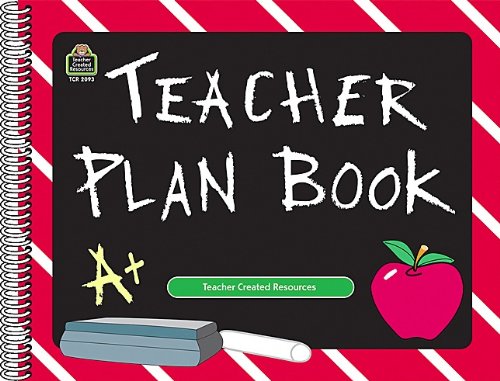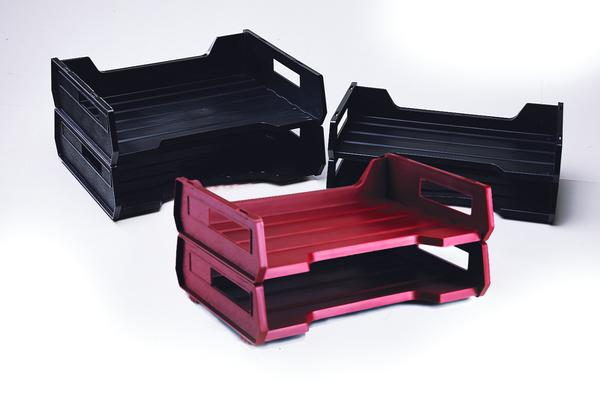
I have always considered myself a great starter - but sadly not a good finisher. Look at the half knit scarves, half filled scrapbooks, half read books, unused gym memberships,... I love new ideas and beginning new things, but along the way I tend to stop. I wouldn't say give up, but I get distracted by the next cool thing I want to start.
I feel like this completely sums up my growth (or lack thereof) in my teaching. I spend so much time learning, reading blogs, articles, attending conferences, etc and I get caught up in so many amazing ideas. I start making plans for amazingthing1, and then get distracted by amazingthing2, and on and on until I hit amazingthing100 and look back to see the trail of half finished, not quite completed plans I have. And thus I get discouraged, because if nothing ever gets finished, then nothing ever really changes!
I laughed with the other BTSA SP's this year about how we kept getting emails to turn in our "Action Plans" because it is something I just don't do. When I saw this graphic, and saw line #2 I had to take a deep breath. There I am. Sitting on line #2, all full of vision and skills and incentives and resources and FALSE STARTS. I need to build an Action Plan!
But I can't make a plan for the 100 things I want to change. Not gonna happen. Narrow it down "they" say. So I sat and thought for a while this morning, as the temperature in my back yard crept towards 100 degrees. What two or three things do I really want to change this year. Here are my ideas so far:
1. Student graphing skills are awful, and every time I say graph they act like I've said "I'm going to do dental work on you!" With 1 to 1 iPads this year, I want to do something with Daily Desmos and/or Graphing Stories once a week.
2. Exit tickets or other formative assessment that I actually LOOK at. Start now to build quizzes with Socrative that I can have students do consistently and that really tell me what they're thinking.
3. Find one meaningful modeling problem for each unit I do. A Three Act or something of the sort, to introduce the lesson and build into the students the need for what we're learning. The SSTI conference I just went to was amazing, and I don't want to lose the inspiration and challenge I got from it. (Or the jealousy I won from my co-teachers for this little selfie...)
Okay, they're down in writing. Now what exactly does an Action Plan look like???




